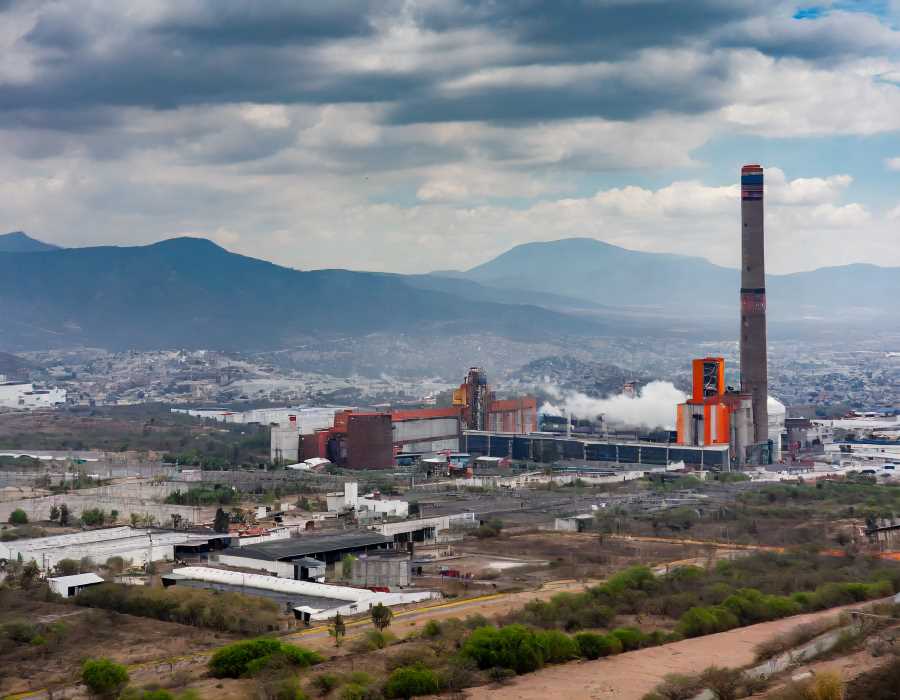Mexico Responds to US Labor Rights Review at Autoliv Steering Wheels
Mexico accepts the US review request on alleged labor rights denial at Autoliv Steering Wheels. Committed to enforcing T-MEC provisions, a 35-day internal review by the Ministry of Labor will follow. Crucial moment for international labor relations.

In a significant development in international business affairs, Mexico has officially acknowledged the request for a review submitted by the United States under the Rapid Response Labor Mechanism. The focus of the review centers on the alleged denial of collective rights at Autoliv Steering Wheels Mexico, S. de R.L. de C.V., a prominent entity in the O'Donnell Airport Industrial Park, El Marqués, Querétaro.
The Ministry of Economy in Mexico has communicated its acceptance of the review request, a notification received from the United States Trade Representative on November 20. The accusation primarily revolves around the purported denial of freedom of association and collective bargaining rights within Autoliv Steering Wheels Mexico. The matter was brought under scrutiny through the Labor Rapid Response Mechanism (MLRR) outlined in Annex 31-A of the Treaty between Mexico, the United States, and Canada (T-MEC)).




